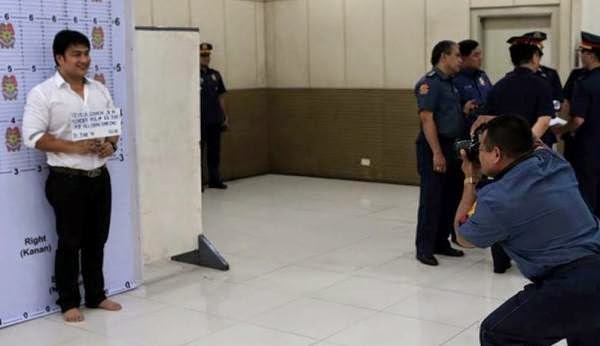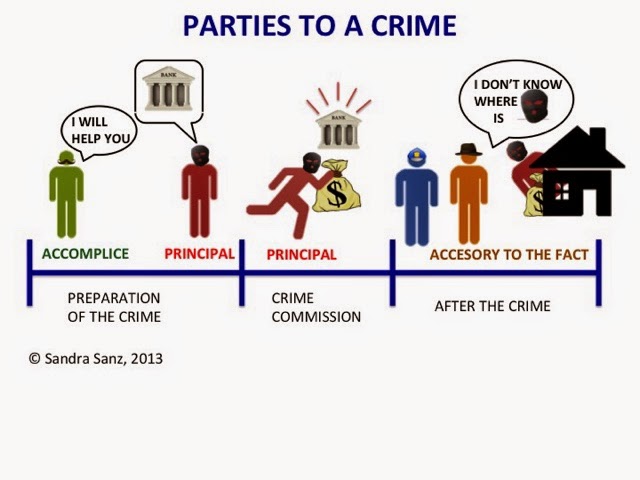On Senator Ramon "Bong" Revilla, Jr.'s Refusal To Plea
Among the Philippine Senators who were charged with
the crime of plunder, it was Senator Ramon “Bong” Revilla, Jr who was brought
to arraignment before the Sandiganbayan where the case is pending. However,
Senator Revilla refused to pose any plea when asked of his plea.
 |
| A photo of Sen. Ramon "Bong" Revilla, Jr. taken from bing images. |
What is the effect of Senator Revilla’s refusal to
enter any plea?
In criminal cases, arraignment is done basically to
inform the accused of the case against him.
He is also informed of the nature and cause of the accusation. In order to make the arraignment valid, it
must be done in a language or dialect spoken and understood by the
accused. If the arraignment is done in a
language or dialect foreign or stranger to the accused, the proceeding is
infirmed and is prone to challenge in the proper forum.
In this manner, the court should have a ready
interpreter that would intelligently translate or interpret the information in
a language or dialect spoken and understood by the accused.
Considering that English is the main language used
in court. The arraignment is done first
in English and then it would be translated and interpreted in a language or
dialect spoken and understood by the accused.
In arraignment, the accused is then asked
whether he understood the information which has just been read to him. If he answers positively, the court would
then ask what would be his plea.
How arraignment is done?
(a) The accused must be arraigned
before the court where the complaint or information was filed or assigned for
trial. The arraignment shall be made in open court by the judge or clerk by
furnishing the accused with a copy of the complaint or information, reading the
same in the language or dialect known to him, and asking him whether he pleads
guilty or not guilty. The prosecution may call at the trial witnesses other
than those named in the complaint or information.
It is the court where the criminal case is filed that would conduct the arraignment of the accused. If other court would conduct the same, the arraignment is not valid. In this stage, the accused is asked whether he pleads guilty or not guilty. Of course, it can be done only after the reading of the information or complaint is done.
(b) The accused must be present at the arraignment and must personally enter his plea. Both arraignment and plea shall be made of record, but failure to do so shall not affect the validity of the proceedings.
It is the court where the criminal case is filed that would conduct the arraignment of the accused. If other court would conduct the same, the arraignment is not valid. In this stage, the accused is asked whether he pleads guilty or not guilty. Of course, it can be done only after the reading of the information or complaint is done.
(b) The accused must be present at the arraignment and must personally enter his plea. Both arraignment and plea shall be made of record, but failure to do so shall not affect the validity of the proceedings.
The arraignment cannot be done in
proxy. The accused should be present in court during arraignment.
There is no arraignment if the accused is absent. Thus, other
person cannot enter the plea of the accused in his behalf.
(c)
When the accused refuses to plead or makes a conditional plea, a plea of not
guilty shall be entered for him.
In
the case of Senator Revilla, he refused to enter any plea. Thus, as what is provided in the Revised
Rules of Court of the Philippines, when the accused refused to plead, it would
be the court that would enter a not guilty plea.


Comments
Post a Comment